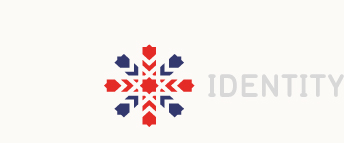

British Muslims
European Muslims
Originated From
Age & Sex
Places of Worship
Ethnic Groups
Defining Identity
What they Say
Profession of Faith
Praying
Social Responsibility
Fasting
Pilgrimage
Muslims in Britain
Impact of Media
Islamophobia
Identity
British & Muslims
Surveys
Interviews
Auto Photography
Social Responsibility

Charity (Zakat) is the third pillar. It is one of the most important principles in Islam. The word Zakat means both “purification” and “growth”.
Social responsibility is considered part of one’s service to God. The obligatory act of charity enshrines and encapsulates this duty. Charity prescribes payment of fixed proportions of a Muslim’s possessions for the welfare of the entire community and, in particular, for its most needy members. It is equal to 2.5% of an individual’s total net worth, excluding obligations and family expenses.
Each Muslim calculates his or her own zakat individually. For most purposes, this involves the payment each year of 2.5% of your total capital. A pious person may give as much as he or she pleases, and would ideally do so in secret. Acts such as being cheerful and accommodating is considered to be an act of charity as suggested by the prophet in the Quran.